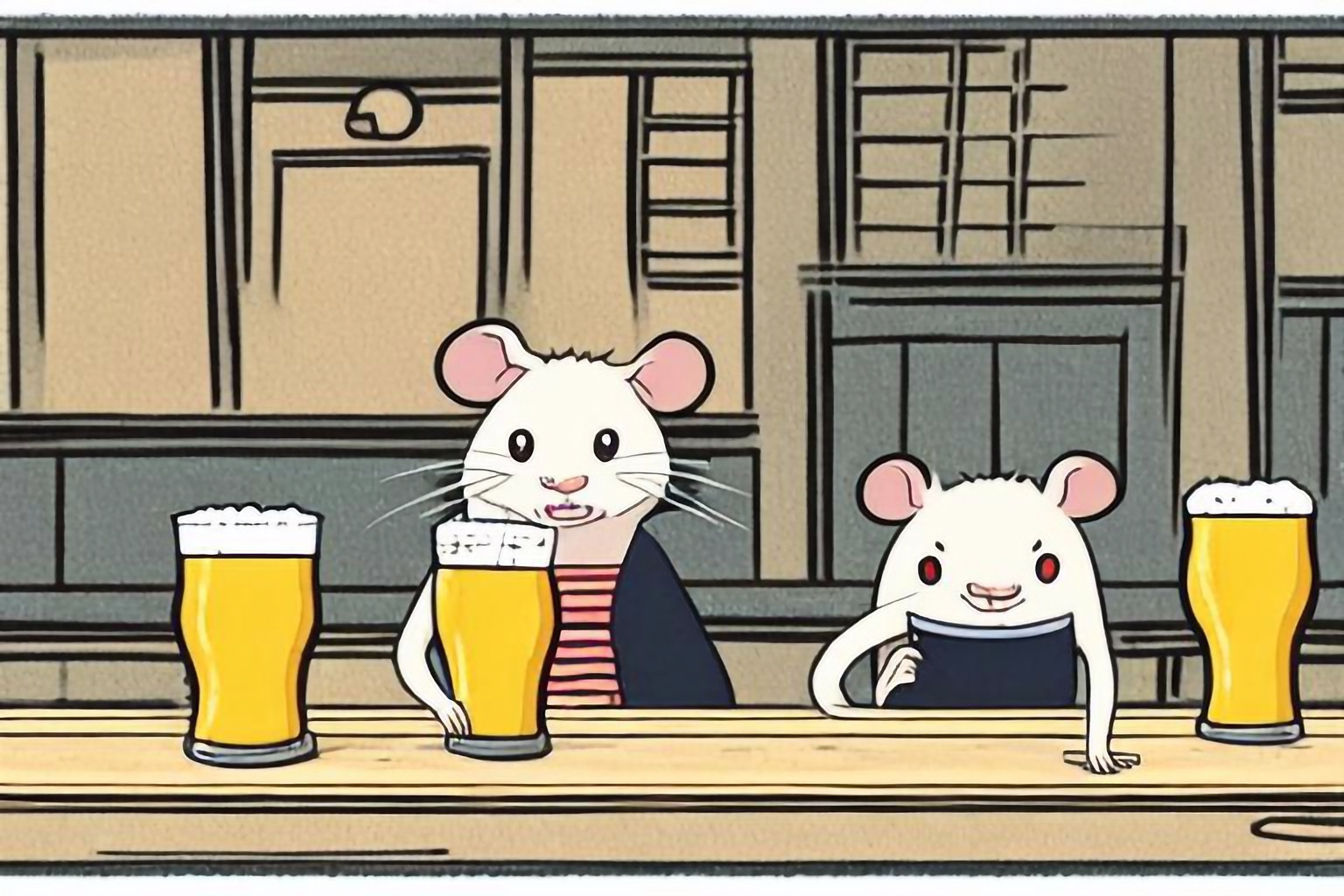News
Alcohol
Health
Heart pill may aid alcohol moderation

by Christine Humphreys
Published: September 30, 2022 Last updated: August 12, 2023

A heart disease treatment, shown to curb booze binges in mice, could offer hope for drinkers struggling to moderate.
The diuretic spironolactone has been found to reduce alcohol consumption among lab rodents.
It is usually prescribed for heart failure and high blood pressure but shows promise as a treatment for alcohol use disorder (AUD), scientists say.
Researchers in the US found that the medication reduced binge drinking among mice and cut intake of self-administered alcohol in rats.
They then analysed electronic health records of armed services veterans who had taken spironolactone for cardio-vascular issues.
This analysis revealed ‘a significant link’ between spironolactone treatment and reduction in self-reported alcohol consumption.
The largest effects were observed among patients who had been hazardous or binge drinkers before beginning treatment with the diuretic.
Researchers say these findings suggest spironolactone may help those seeking to control their drinking patterns.
The study, carried out by America’s National Institute on Drug Abuse (NIDA), the National Institute on Alcohol Abuse and Alcoholism (NIAAA), and Yale University School of Medicine, was published this month in the online journal Molecular Psychiatry.
In a news release, senior co-author Dr Lorenzo Leggio said: “We are onto something potentially important scientifically and clinically.”
Dr Leggio, senior investigator in Clinical Psycho-neuroendocrinology and Neuro-psychopharmacology at the lab, said here is a “critical need” to increase options to treat those with AUD.

About The Author
Christine Humphreys
Chris Humphreys is the co-founder of The Alcohol-Free Shop and AlcoholFree.com. She was a journalist for more years than she cares to remember. Ex-wife of an alcoholic, enthusiastic amateur musician and a passionate dog lover.
More News

Minimum alcohol price rise approved in Scotland
April 18, 2024

Almost three-million years lost to booze in six years
March 19, 2024

The doctor fighting to save lives by removing the stigma of 'alcoholism'
March 11, 2024

Celebrity eatery launches Alcohol-Free wine list
January 22, 2024

Petrolhead Clarkson raises a glass to Dry January
January 04, 2024

Real ale campaigners embrace alcohol free beer
December 13, 2023

Alcohol duty rise ‘will save lives’
August 02, 2023

Alcohol-Free wine could be elixir of youth
July 25, 2023